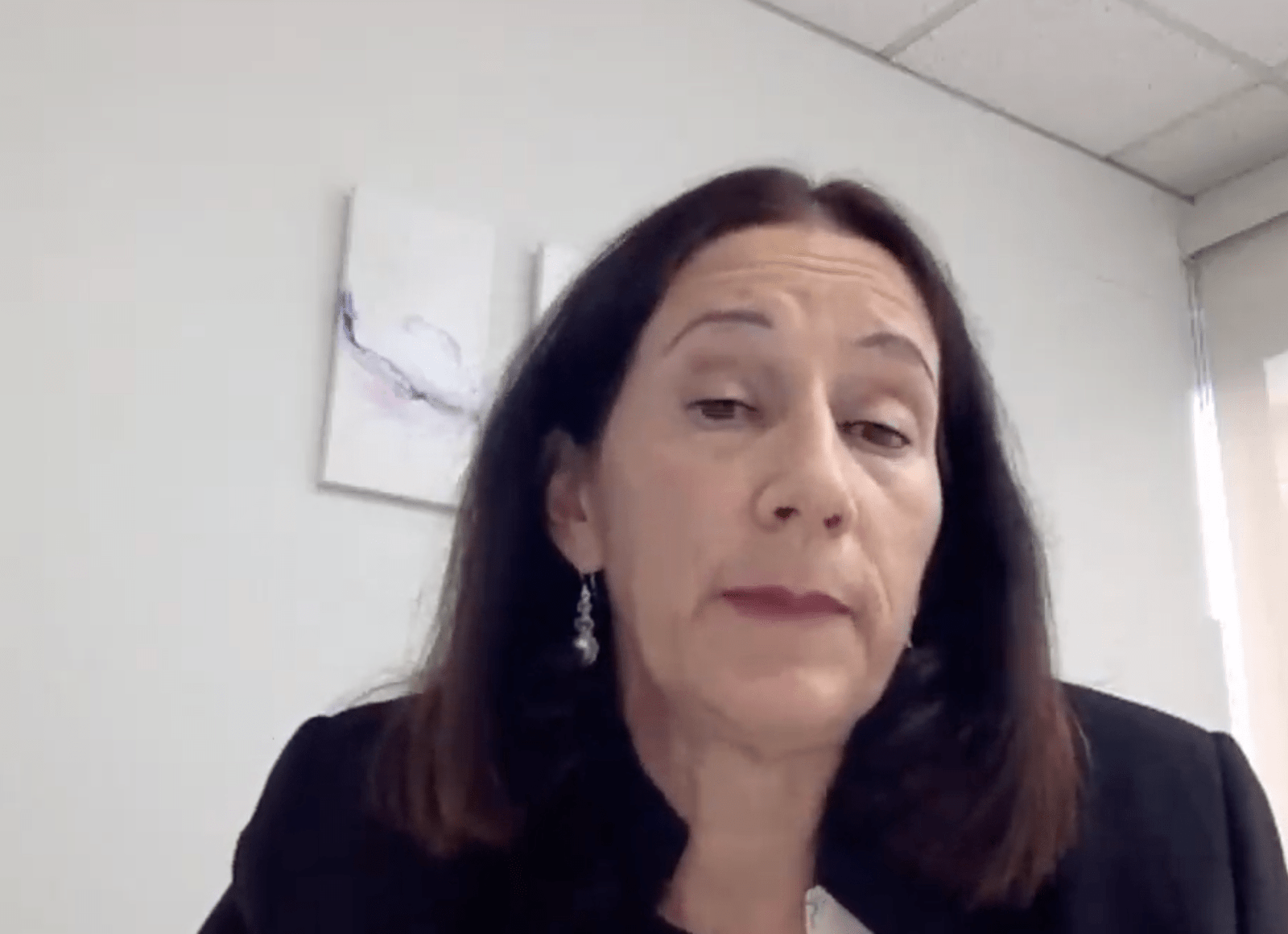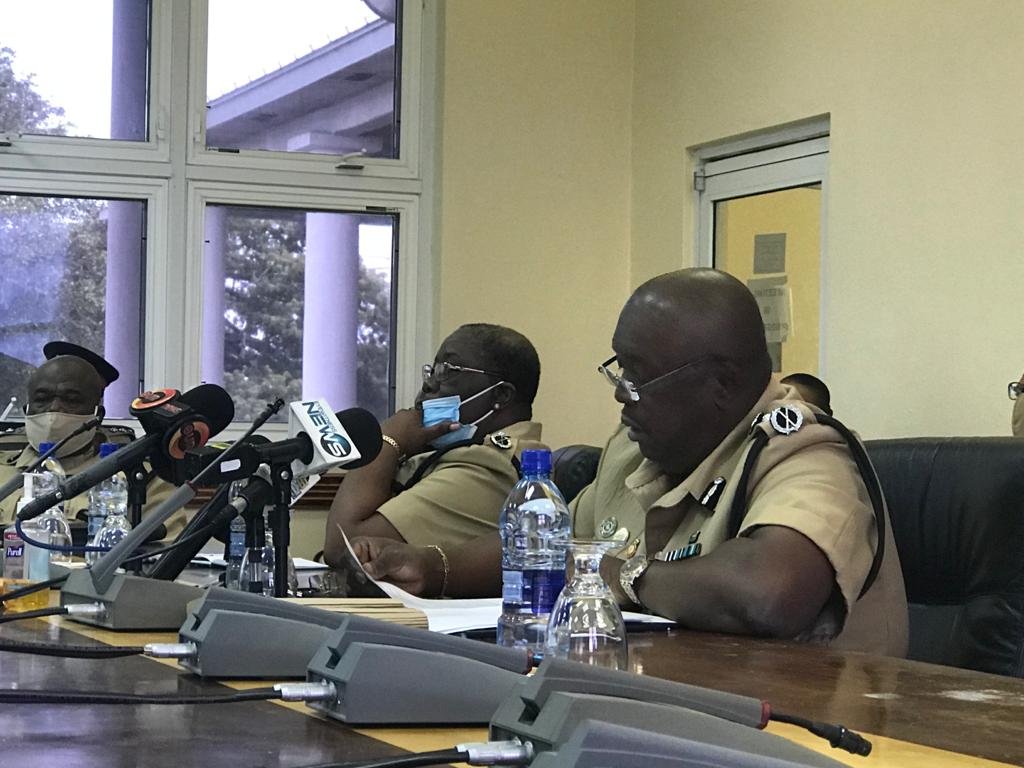Cyber-crime in The Bahamas rose 36 percent for first half of 2020
NASSAU, BAHAMAS — As the coronavirus pandemic shifts organizations toward increased technological innovations and e-commerce, cyber-crime has been on the rise.
Police reported a 36 percent increase in hacking and extortion in The Bahamas.
Between January 1 and June 30, 2020, there were 118 cyber-crime incidents reported to authorities, compared to the 87 matters reported during the same period in 2019.
The matters reported this year also included incidents of libel, telephone misuse and voyeurism.
The rise in cyber-crime activity is not exclusive to The Bahamas, but a regional and global challenge during the ongoing health crisis.
During a virtual CARICOM presentation yesterday, several representatives expressed concerns about the region, and its members states’ vulnerability to cyber-crimes, as well as the need to increase the legal and cyber-security frameworks.
“The high number of unsecured servers,” said UN Resident Coordinator for Trinidad and Tobago Marina Walter, who expressed concern about the lack of comprehensive cyber-security policies among member states.

“Reports from member states that have come in since the COVID-19 lockdown period, there is an increase in attempted COVID-10-stimulus fraud schemes, a rise in hate speech on social media, phishing attacks and the dissemination of obscenities.
“In the new normal, which is what we are looking at for the time to come, countries in the region are likely to digitize their economies, therefore raising the risk levels related to cyber-crime. We feel this is an area where all of us partners need to engage more forcefully in finding out how we can support countries in tying up a framework that allows for the better control for cyber-crime.”
In his policing plan for 2020, Commissioner of Police Paul Rolle said the police force will increase money laundering prosecutions and convictions; disrupt the benefits of criminal enterprises; increase confiscations of the proceeds of crime; and reduce financial and commercial crimes.
To this end, the commissioner said Bahamian authorities will partner with the Asset Recovery Inter-Agency Network for the Caribbean (ARIN-CARIB), which shares intelligence to seize assets and counteract crime across international borders.
“We will strengthen the Financial Crime Investigations Branch,” Rolle said. “The Financial Crime Unit and the Anti-Corruption Unit will continue to conduct financial crime investigations, money laundering, terrorist financing investigations, and parallel investigations into proceeds of crime.”

Rolle committed to strengthening the capacity of the Financial Crime Investigations Branch by providing standardized financial investigation training.
He also pledged to increase the complement of investigators within the Financial Crime Unit, inclusive of the forensic accountants and analysts.
In some market areas, cyber-crime has increased by as much as 300 percent, according to the Federal Bureau of Investigation.
Eyewitness News has received numerous reports of telephone users receiving texts purporting to be prizes and winnings from various entities, which ultimately require personal banking information.
In most of the texts or WhatsApp reviewed, the texter requests payment of funds as a processing fee to receive the prize winnings.
In one instance, a telephone user was asked to pay $500 to receive a $400,000 prize.
Health agencies such as the World Health Organization and Department of Health, and Human Services have increasingly been targets of hacking attacks, according to international reports.
Locally, even Zoom meetings organized by official entities such as the Recovery Committee have been sporadically hacked.
In May, the United Nations reported a 600 increase in malicious emails during the pandemic.






